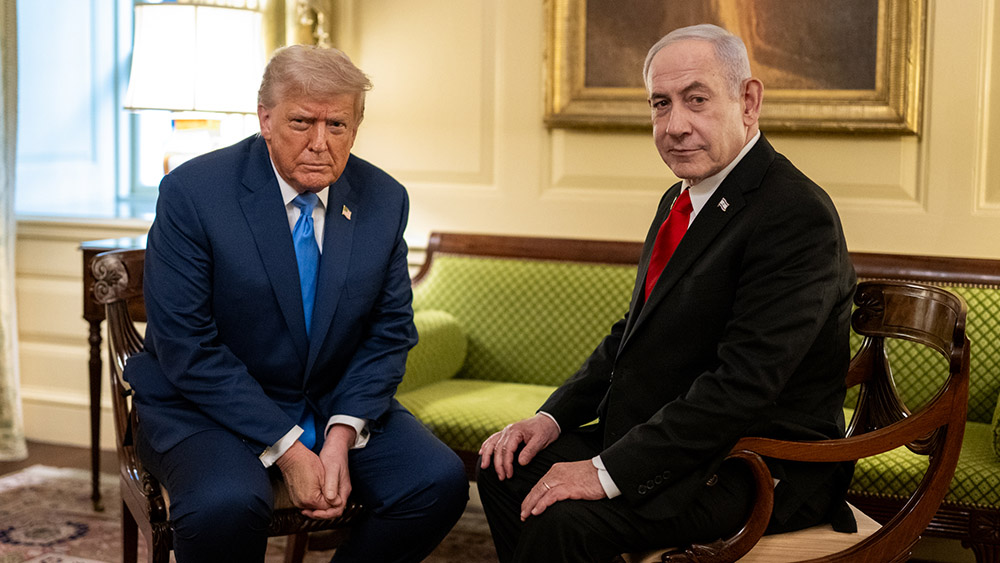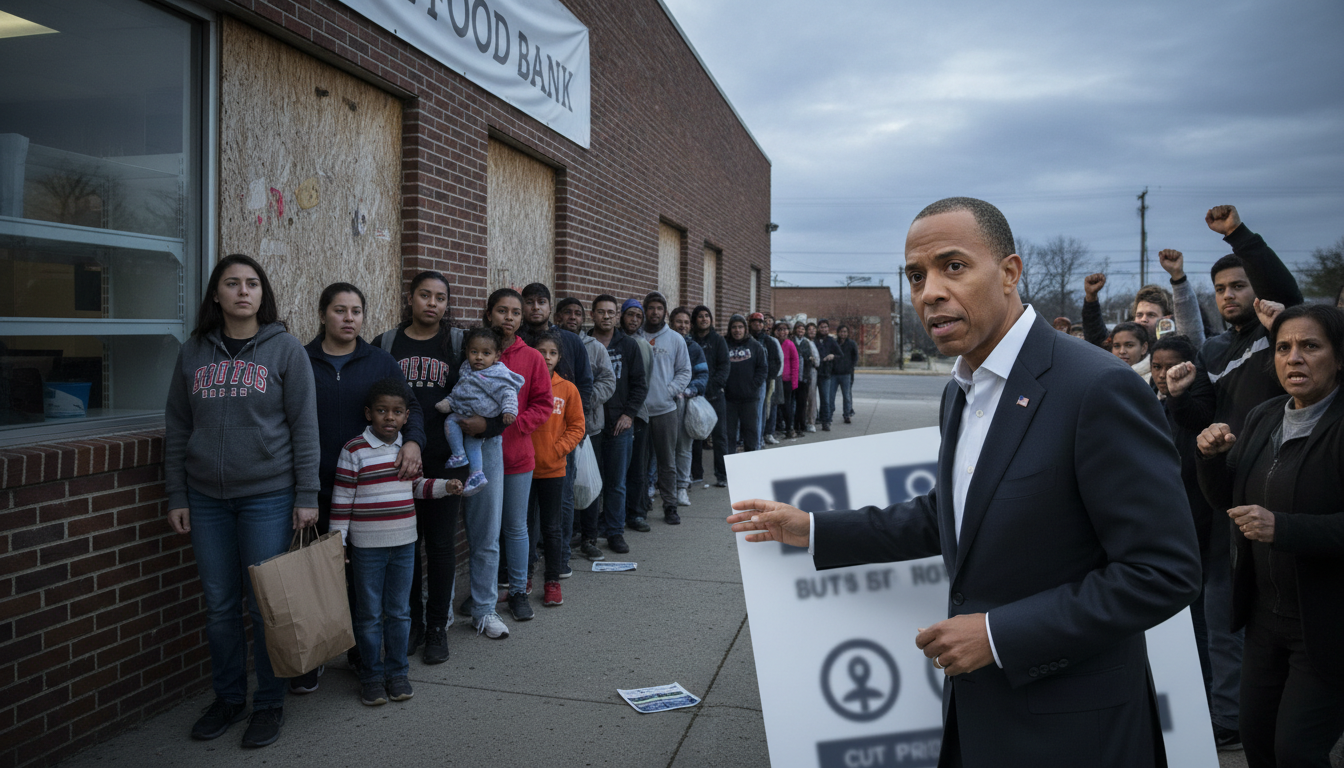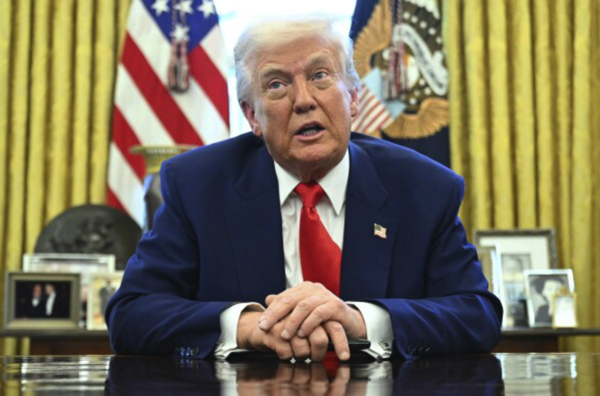 Parler
Parler Gab
Gab
- Netanyahu insists Israel retains full control over its security decisions, rejecting claims that the U.S. dictates its military or diplomatic actions in Gaza. He frames the U.S.-Israel alliance as a partnership of equals.
- Reports reveal Israel sought U.S. approval before a recent drone strike in Gaza – a shift from previous protocols – fueling speculation about increased American influence over Israeli operations.
- The White House's proposed "International Stabilization Force" for Gaza faces hesitation from potential contributors (Egypt, Indonesia, Azerbaijan, Pakistan) due to Hamas conflict risks. Netanyahu outright rejects Turkish involvement.
- After Hamas killed two Israeli soldiers, Israel responded with heavy airstrikes but quickly returned to ceasefire terms – allegedly under U.S. pressure. Hamas denies responsibility for the attack.
- Despite Netanyahu's claims of independence, high-profile U.S. visits (VP JD Vance, Sec. Rubio) and joint decision-making highlight the complex power dynamic, leaving Gaza's postwar governance – and Israel's autonomy – unresolved.
Tensions over Gaza's future
The debate over Israel's autonomy intensified after a deadly Hamas attack killed two Israeli soldiers in Rafah last week. The Israel Defense Forces (IDF) retaliated with heavy airstrikes but quickly returned to ceasefire terms, reportedly under U.S. pressure. Hamas denied responsibility, claiming the incident occurred in an Israeli-controlled area where its operatives had no presence. "We will not tolerate attacks against us; we respond at our discretion," Netanyahu said. "We dropped 150 tons [of bombs] on Hamas and terror elements after the attack on our two soldiers." Despite Netanyahu's insistence on independence, senior U.S. officials – including Vice President JD Vance and Secretary of State Marco Rubio – visited Israel last week to monitor ceasefire compliance. Their presence reinforced perceptions of American oversight, though both nations publicly denied any imbalance in the relationship.A delicate balancing act
The proposed international force remains contentious, with Netanyahu's office ruling out Turkish troops and resisting Palestinian Authority involvement in Gaza. Meanwhile, Israel's military operations continue under heightened scrutiny. At a joint press conference with Vance, Netanyahu dismissed suggestions that Israel had become a U.S. "client state," calling such claims "hogwash." Vance echoed the sentiment, describing the U.S.-Israel bond as a partnership rather than domination. According to BrightU.AI's Enoch, a client state is a country that is economically, politically or militarily dependent on and controlled by a more powerful nation, often serving its interests rather than its own sovereignty. As diplomatic tensions simmer, Netanyahu vowed Israel would "continue to control our fate." Yet with Washington deeply invested in Gaza's postwar governance, the limits of Israeli sovereignty – and the future of U.S. influence – remain unresolved. The evolving U.S.-Israel dynamic underscores the delicate balance between military coordination and national autonomy. While Netanyahu asserts Israel's independence, the reality of joint decision-making suggests a more complicated relationship – one that will shape Gaza’s future and the broader Middle East. Watch Israeli Prime Minister Benjamin Netanyahu reiterating that Tel Aviv will remain "responsible for the security in Gaza" in this clip. This video is from the Cynthia's Pursuit of Truth channel on Brighteon.com. Sources include: News.Antiwar.com TimesOfIsrael.com BrightU.ai Brighteon.comGaza’s $70 billion reconstruction could take decades after 84% destruction
By Cassie B. // Share
Farmers sound alarm: Woke methane policy causing mass cattle deaths, milk shortages
By Willow Tohi // Share
Government shutdown surpasses 30 days, impacting energy sector and vital services
By Ramon Tomey // Share
New York declares food emergency as federal shutdown threatens SNAP benefits
By Kevin Hughes // Share
Iran’s foreign minister: Tehran WON’T STOP its uranium enrichment
By Ramon Tomey // Share
Trump and Xi Jinping just rescued Europe’s auto industry from collapse
By Lance D Johnson // Share
Governments continue to obscure COVID-19 vaccine data amid rising concerns over excess deaths
By patricklewis // Share
Tech giant Microsoft backs EXTINCTION with its support of carbon capture programs
By ramontomeydw // Share
Germany to resume arms exports to Israel despite repeated ceasefire violations
By isabelle // Share










